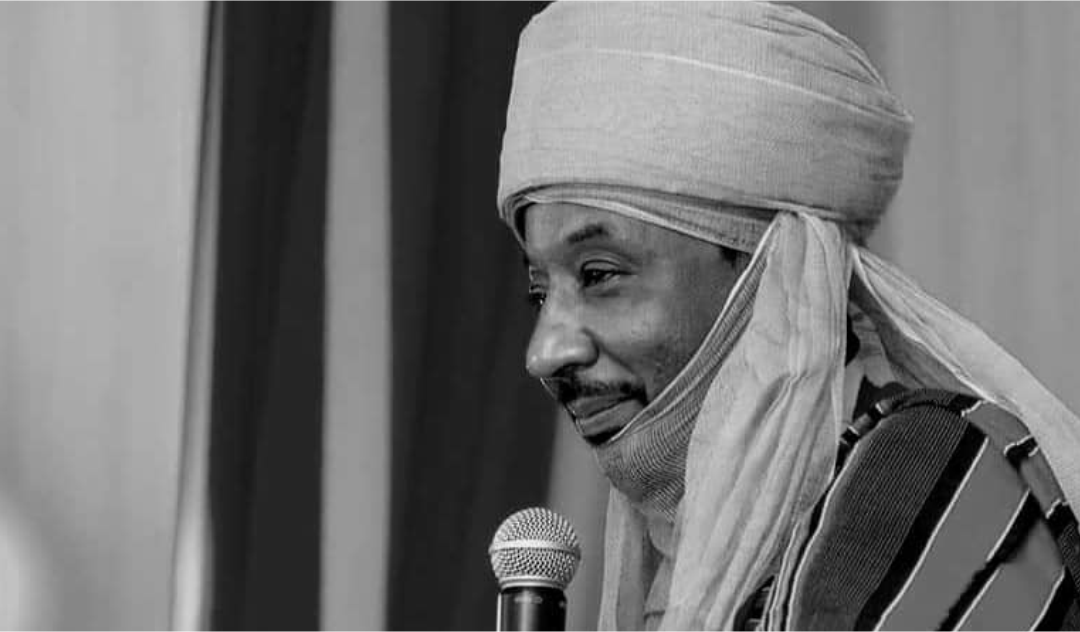Premium Times
A Nigerian university said it was investigating allegations that some of its lecturers have been conducting examinations for students in hotels.
The University of Calabar in Cross River State, Nigeria’s South-south, on August 10, issued a memo to the university community, saying it was launching an investigation into allegations that its lecturers had resorted to conducting examinations at homes and hotels.
Although the memo did not state why a lecturer would abandon the halls on campus and have student(s) sit for exams in hotel, it is believed that sexual and monetary gratification may be a prime motive here.
“Management has information to the effect that lecturers have resorted to giving students scripts to write exams at homes, hotels and relaxation places,” said the memo signed by Michael Okom, a professor and the deputy vice-chancellor in-charge of administration, University of Calabar.
Mr Okom, in the memo, said the university was also investigating allegations of money-for-grade, otherwise called “sorting”, and sex-for-grade, sexual harassment, and extortion.
“Some departments and lecturers have been specifically fingered and investigations have commenced… In fact, they would soon be invited to interact with the Disciplinary Committee,” he said.
The deputy vice-chancellor warned lecturers to desist and repent from “these despicable activities.”
Florence Obi, a professor of special education, is the vice-chancellor of the University of Calabar. She was elected vice-chancellor in September 2020, the first female to be so elected 45 years after the establishment of the university.
Mr Okom told PREMIUM TIMES, Saturday, that Mrs Obi’s administration has a zero tolerance policy against vices like “sorting”, sex-for-grade, and sexual harassment.
He said there have been series of complaints from students against some lecturers.
“The Vice-Chancellor, Prof. Florence Obi, has zero tolerance for these vices because even in her inaugural speech she made it clear that she wasn’t going to tolerate them.
“We don’t want that to be mere political statement, we needed to let everyone know that we are very serious about enforcing our zero tolerance policy,” he said.
He said the university’s investigations into the allegations would be thorough and that the school would try and get as much evidence as possible.
The results of the investigation would be made public and lecturers who are culpable would be made to face the law, he said.
The deputy vice-chancellor assured that the identity of students who volunteer information on the allegations would remained concealed.
“It could even be an anonymous report and we are going to investigate and make sure we get the person(s) red-handed, we will use the DSS, we will use our internal security,” he said.
Vice-chancellor’s reaction
Mrs Obi told PREMIUM TIMES she doubts if any of the university lecturers would conduct examinations in hotel. She said she has never had such a case brought to her attention.
She, however, admitted that “sorting” existed in the university. She said she had personally intervened in some cases and forced lecturers to refund money to students.
“In one or two cases, lecturers have written apologies and they have quietly refunded money (taken from students) because these students actually sent text messages to me that they were asked to pay this.
“The lecturers have been cautioned. Let it be that people know that we are going to be hard on them.
“The one of randy lecturers writing exams in hotels, I don’t want to say it’s true. In this my tenure, we have rebranded our answer booklets, we have customised and serialised them. So now, we know that serial number one to 100 belong to so department. It is very inconceivable for people to go out and write exams and bring in the answer booklet. Lecturers are also made to account to all the answer booklets given to them,” she said.
The vice-chancellor said the General Studies courses were hitherto plagued by “sorting”. But that in order to eliminate that, students today write computer-based examinations and their grades are given to them immediately after.
The university runs a centre for gender development to help students fight sexual harassment within and outside the campus, she said.
“Sorting”, sex-for-grade and sexual harassment are not peculiar to the University of Calabar – this newspaper published a report in 2020 detailing how sexual harassment forces students to quit Nigerian universities.
In the report, a female student shared the experience she had at the Department of Mass Communication, Federal Polytechnic, Offa, which forced her to abandon school to learn how to sew dresses.
“On this fateful day, we just finished our exam and we were asked to go back home on the same day. He met me at the school gate and offered to give me a lift to Osogbo from Offa. I didn’t object because they were two in the car already. When we got Erin-Ile, the other man came down.
“When we got to Okuku, he said we have to talk. I questioned him about what we have to talk about again. I even thought it was a bar only for him to drive inside a hotel. He said I should follow him inside and put off his clothes. I started crying…In the room, he was half-naked with his socks on.
“I had to tell a lie that I am a virgin and that there is this traditional rite a suitor is to undergo in our family before deflowering us. If this is not done, anyone who sleeps with us will die.”
This news originally appeared in Premium Times.



